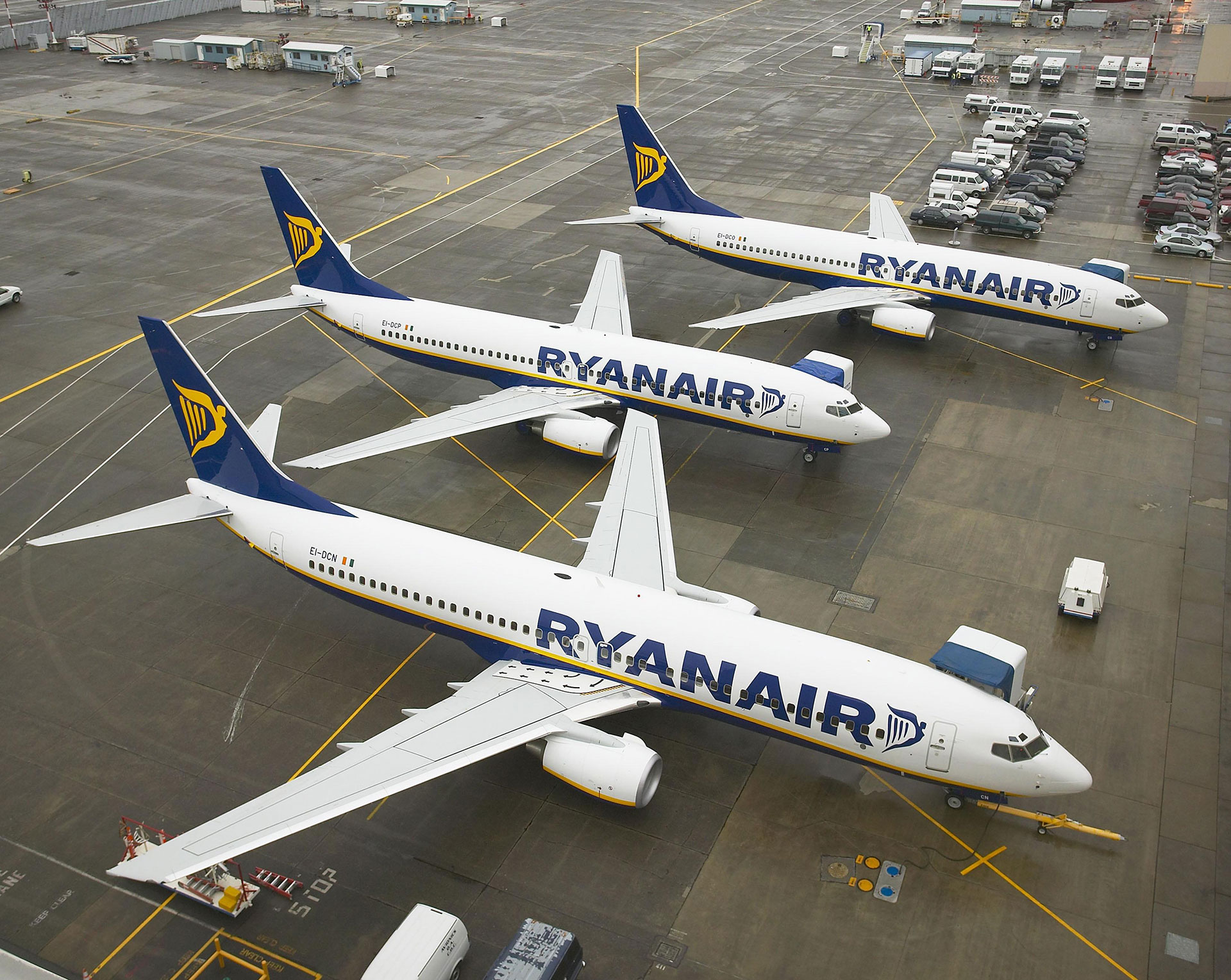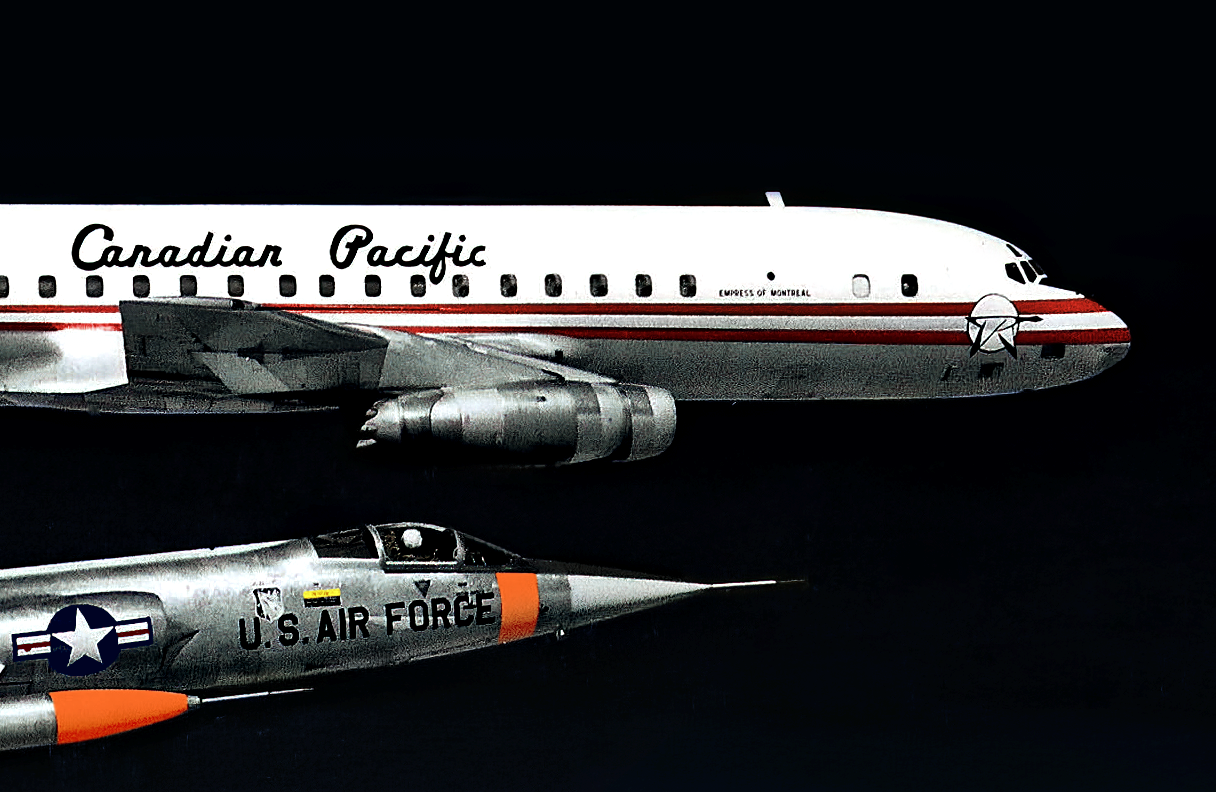Ryanair's O'Leary renews push for "free" flights
01 December, 2016
5 min read


The boss of Europe's biggest airline, Ryanair, has vowed that passengers will be flying "free" within a decade as he hones a radical plan to tap into the monopoly profits of airports.
Michael O'Leary reckons he can let travellers board and pay only for optional add-ons if he can do more deals to increase the number of high-value retail customers he brings into airport shopping centres, through which flyers must pass on their way to and from aircraft departure gates.
O'Leary has long dreamed of being able to announce the ultimate marketing incentive – free travel – and opened up on the subject last week at a conference of the Airport Operators Association in Britain — an organisation with which O'Leary and most other airline managers have at best a love-hate relationship.
(Because of the ruthless competition, airlines average a return of less than five per cent a year on turnover where airport monopolies can bank more than 80 cents in every dollar as profit.)
Even though he sniped that he had "far better things to do than to talk to a bunch of overcharging airports", he said Ryanair had to keep cutting fares to keep flying more people in order to meet its aggressive long-term targets — 200 million passengers a year by 2024 compared with the current 120 million.
“I have this vision that in the next five to 10 years the airfares on Ryanair will be free, in which case the flights will be full, and we will be making our money ... getting a share of the shopping and the retail revenues at airports,” he said. “I think it will happen. It just won’t happen at Heathrow or those big hub airports. But most of the other airports who are looking for big traffic growth, that process is already starting to happen, lowering airport fees and some of the charges."
But O'Leary said, for his free-fares strategy to come true, governments had to stop being so greedy, insisting the UK's hated Air Passenger Duty (APD) — the world's biggest travel tax that can slug long-haul travellers up to $US121 per head for visiting the country — must be abolished.
“If air passenger duty is gone — at many airports, I’m paying more than £20 ($US25) already with APD and fees — if I start getting that back, why not?” O'Leary said. “I’m doing seat sales this week at £4 and I’m paying the £13 APD —I’m paying you to fly with me. Instead of promotional tickets being £9 or £5 they will be free.”
O'Leary already relies on so-called ancillary revenue – payment for optional extras — for 25 per cent of the cash he makes from each customer, around $US1.5 billion a year.
He's not relying on expanding that to make flying "free". Instead he's talking about new confidential commercial deals with airports.
The owner of London's Stansted airport — 80 per cent of whose passengers fly with Ryanair — signed a 10-year, $US1.9 billion deal with the airline in 2013, under which Ryanair won lower charges in return for a $100 million revamp of the terminal, which added 50 per cent more space to the departure lounge.
As part of the deal, the airline relaxed its strict policy on carry-on bags, allowing passengers to bring their airport shopping aboard.
That concession increased the commercial value of the shopping precinct and therefore the rentals the airport can charge its shopping tenants.
An examination of Stansted's accounts shows that the big money for the airport is in retail, not in servicing airlines.
The airport's aeronautical charges — revenue from airlines for use of runways, taxiways and departure gates — fell this year fell from £148 million to £141 million ($US185 to $US176 million), even as passenger numbers rose by 11 per cent to 23.1 million.
That added two million additional customers to Stansted's shopping centre traffic, with higher average spending of £5.70 per person (including parking), meaning that Stansted’s overall revenue still rose five per cent.
"If airlines can grow that pie, that would be a very attractive proposition," British aviation consultant John Strickland told the Guardian newspaper. "It would have to go beyond the airline-airport dynamic as it is today: they would have to jointly sell something new, by convincing airline customers to buy at the airport.”
For O'Leary, it is the way of the future – even though he despises the accountants who run the world's airport monopolies and don't have to compete for profits like he does.
“(It's) great news for all the bankers and robbers assembled in this room who will not be reducing their charges, and who will all be making out like highwaymen and bandits as they continue to see rising passenger numbers at their airports, rising retail sales and rising restaurant sales," O'Leary hissed at the airports operators conference. "All on the back of the poor stupid Irish (like him) who will be carrying all these people at even lower prices.”
Get the latest news and updates straight to your inbox
No spam, no hassle, no fuss, just airline news direct to you.
By joining our newsletter, you agree to our Privacy Policy
Find us on social media
Comments
No comments yet, be the first to write one.

